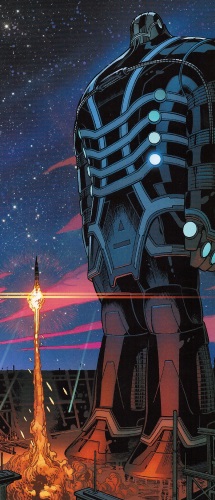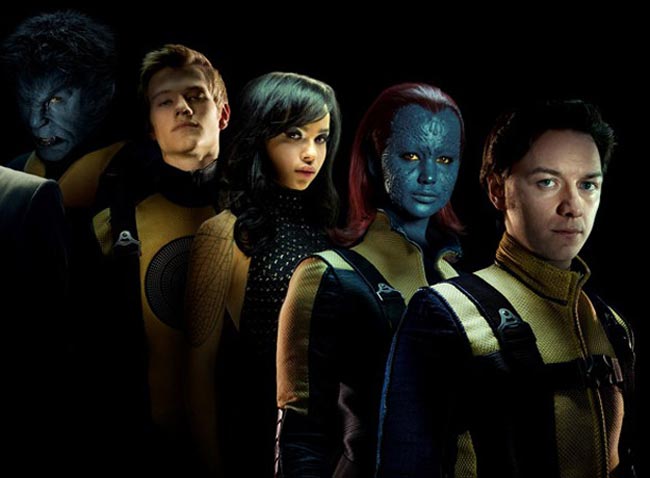
Prior to the release of The Last Stand, when Fox first commissioned the Wolverine screenplay, it hired writer Sheldon Turner to pen a prequel film focused on villain Erik Lehnsherr/Magneto. When Wolverine underperformed, Fox and the X-Men producers found themselves at a crossroads with the franchise. It did little to improve the X-Men’s tarnished cinematic image. Unfortunately, X-Men Origins: Wolverine(Hood, 2009) was an absolute mess, with an unfinished script and a lot of behind the scenes drama. They began, unsurprisingly, with Wolverine, the breakout character from the trilogy. The initial idea from the producers was to spin off prequel films, focusing on the backstories of popular characters.

It dug a hole and future films would have to dig their way out. Although successful at the box office, X-Men: The Last Stand is considered the nadir of the X-Men films.
#X men first class series
The result is a film that is tonally inconsistent with the previous X-Men films it’s overstuffed with too many plots and characters, and features many moments designed to end the series by either killing or disempowering key characters. If that was not problematic enough, there seemed to be a sense that X-Men: The Last Stand(Ratner, 2006), as the third film in a trilogy, would wrap up the current X-Men series to make way for new directions in the future. Singer and his collaborators left the third film during pre-production, forcing the studio, 20th Century Fox, to quickly replace them and forge ahead.

In X2: X-Men United (Singer, 2003), the filmmakers took advantage of the hard work (establishing the world, the tone, and the characters) as done in the first film, and created an incredibly entertaining blockbuster that remains one of my favourite Marvel films.īut then, after two highly successful films, the franchise took a negative turn. It set a serious, intelligent tone which inspired many of the best comic book films that followed. This allegory for tolerance (or intolerance, as it were) has been present since the early X-Men comics of the ’60s, and it’s part of what makes the property so enduringly popular. X-Men took its subject matter very seriously, openly engaging with real-world parallels such as racism, homophobia, and many other situations in which a group was marginalized for its differences. It focuses on those who strive for peaceful coexistence between mutants and humans, represented by Professor Xavier’s X-Men, and those who strive for mutant supremacy over humans, represented by Magneto’s Brotherhood. This world features a growing population of mutants, humans who develop special abilities at puberty, and the growing unease amongst ordinary humans, who largely view mutants’ differences as a threat. Directed by Bryan Singer, the film accomplishes the gargantuan task of establishing the world of the X-Men, over a dozen major characters, and still telling a decent story. The series began with X-Men (2000), which is credited with beginning this century’s glut of superhero films. And so, the story of X-Men: First Class is the story of its filmmakers attempting to distance and differentiate this film from its failed predecessors. Audiences were not fatigued with superhero films at the time - just with bad superhero films. In the case of the excellent X-Men: First Class (Vaughn, 2011) however, I argue that its biggest challenge was overcoming the reputation that the X-Men series had garnered after two very poor films in the series were released. But for a variety of reasons, from poor script ( Green Lantern, Campbell, 2011) to unrealistic expectations ( The Green Hornet, Gondry, 2011), many superhero films did disappoint. After two relatively light years, studios finally responded to the comic book films of 2008, which was a banner year for the genre. Throughout 2011 there was no shortage of comic book films.


This practice continues today, seven yeas later, and not one of them has been correct so far. Each time a comic book film was underwhelming, or underperformed at the box office, a hundred articles declared that this could mean the end of the superhero film craze. By 2011, that term had fully entered the lexicon. As I discussed in my previous article on The Incredible Hulk (Letterier, 2008), the first mentions of “superhero fatigue” began to pop up in 2008.


 0 kommentar(er)
0 kommentar(er)
